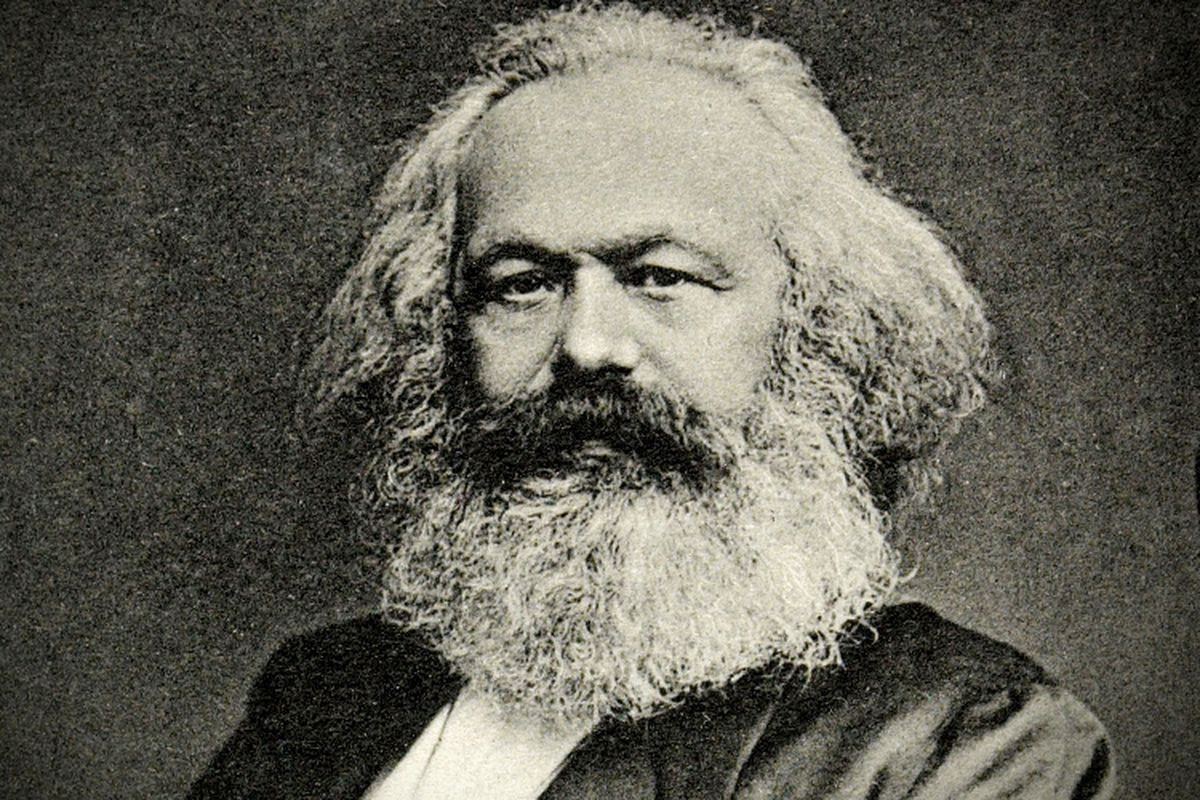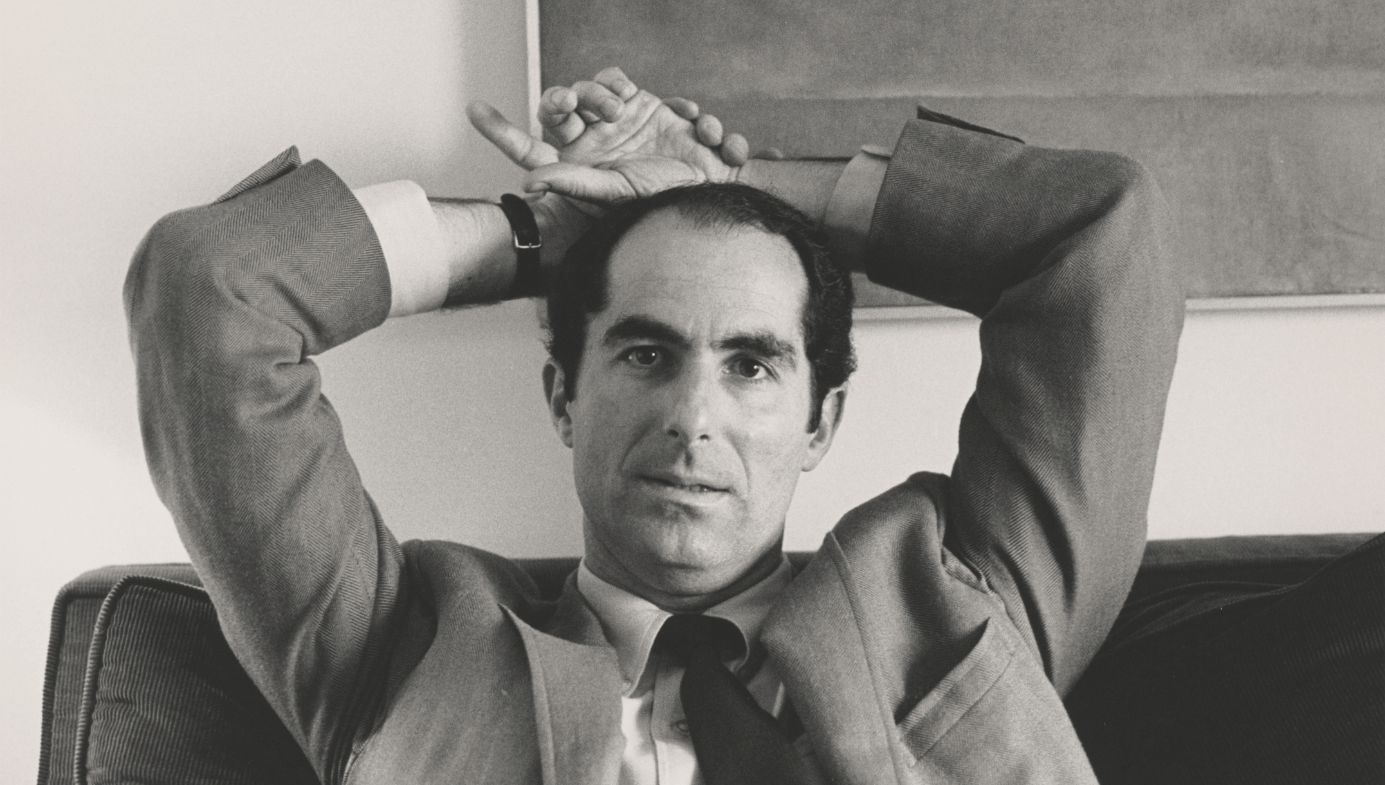Man of Yesterday: Karl Marx and His Place in History
What makes this case especially convincing is the endless number of unsuccessful attempts “to bring Marx up to date”.

A review of Jonathan Sperber, Karl Marx: A Nineteenth Century Life (New York: Liveright Publishers, 2013).
The great achievement of Jonathan Sperber’s absorbing biography of Karl Marx is to debunk the complementary images of Marx as a bogyman of the Right whose ideas are responsible for the horrors of Stalinism, Maoism, Pol Pot etc, and as an icon of the Left who laid bare the inner workings of the capitalist economic system, foretold the workers’ millennium and, like Moses leading the Israelites to the promised land, gave them the political weapons with which to achieve it. On the contrary, Sperber demonstrates convincingly that Marx was a man of his time – another ambitious systems builder, whose vision of politics was anchored in the French Revolution of 1789 and whose understanding of the economy was limited to the turbulent industrial expansion of early nineteenth century Britain.
It has often been said that Marxism grew from a fusion of German (Hegelian) philosophy, French socialism and English political economy. Sperber shows that insofar as this analysis is true these influences were as much a source of weakness as of strength, accounting for both Marx’s insights and blind spots, as well as the failure of nearly all his schemes and predictions. Far from being a prophet with words of wisdom for our own time (as some public figures rashly claimed at the time of the Global Financial Crisis of 2008-09), Marx should be understood “as a figure from a past historical epoch, one increasingly distant from our own age: the age of the French Revolution, of Hegel’s philosophy, of the early years of English industrialization and the political economy stemming from it.” In Sperber’s view, Marx is “more usefully understood as a backward-looking figure, who took the circumstances of the first half of the nineteenth century and projected them into the future, than as a surefooted and foresighted interpreter of historical trends.”
What makes this case especially convincing is the endless number of unsuccessful attempts “to bring Marx up to date”: the positivist Marxism promoted by Frederick Engels, quickly followed by Leninism, Stalinism, existentialist Marxism, Frankfurt Marxism, humanistic Marxism, Marxism-Leninism-Mao Tse Tung thought, structuralism, Althusser’s “scientific” Marxism, and many others. The fact that the first attempt to bring him up to date was made so soon after his death goes to show how rapidly his ideas lost relevance. The abundance of such efforts only serves to emphasise the rootedness of Marx’s thought in the period of the French and Industrial Revolutions, and the absence of any fundamental scientific discovery that could be the basis for future development and research. The most far-fetched effort to refashion or re-invent him for the late twentieth century was to associate his ideas with post-modernist relativism and multiculturalism, as though he was the champion of preserving local customs against modernisation.
Quite the reverse: Marx was fervent believer in progress, modernity and science, regarded traditional cultures as primitive and backward, and had no time at all for the romantic primitivism that passes for so much Left thought today. Far from defending them against the encroachments of globalizing capital (Lenin’s imperialism), he rejoiced in European colonization of underdeveloped regions and looked forward to the day when they would be completely absorbed into the world market. Far from defending the Indian “mutineers” as freedom fighters, Marx celebrated British rule in India for enlivening stagnant village communities, rooting out superstition, destroying the basis for oriental despotism and preparing the country for independence in the future. On this score at least, Marx did show some prescience: as a general rule, the countries that westernised most successfully are precisely those that are the most economically prosperous and politically stable today; those that have clung to or restored their traditional ways are more likely to have remained mired in superstition, poverty, inequality and endemic tribal warfare.
The pattern that emerges from Sperber’s judicious account is one of repeated disappointment and failure. The numerous theoretical syntheses in economics and philosophy that Marx planned were never completed; his newspapers folded after a few issues, never got off the ground, or were suppressed by the state authorities; the political groups he founded were riven by constant quarrels and either collapsed or were deliberately dissolved to prevent rivals from taking charge; his political interventions had little or no impact on the course of events; and the workers’ parties that developed in Germany were led either by his great rival Ferdinand Lasalle, or by the independent-minded Wilhelm Liebknecht, who admired Marx, but did not necessarily defer to his opinions. He never had the slightest influence on the British trade union movement, which remained moderate and reformist until well into the twentieth century.
Despite his reputation for hard-headed analysis, Marx’s political judgement was erratic and often naive. He continued to trust two Austrian police spies long after his colleagues had woken up to and warned him about them, and he inadvertently supplied them with information that helped the Prussian government to frame the defendants in the Cologne communist trial of 1852. Led astray by his obsessive hatred of Czarism, whose claw he detected behind every move on the European chessboard, Marx was equally gullible towards the crazy Islamophile David Urquhart, for whom he wrote a series of newspaper articles proving that Lord Palmerston was a paid Russian agent. At the time of the 1848 revolutions he vacillated between supporting the middle class democrats in the Frankfurt Assembly and denouncing them as petit-bourgeois conciliators and exploiters of the working class. When the workers of Paris established the commune in the wake of France’s defeat in the Franco-Prussian war Marx ridiculed the idea; it was only when he was falsely accused of being the evil genius behind their excesses that he hailed it as the harbinger of a future communist society. He ignored pleas from his own International Workingmen’s Association to offer useful advice until it was too late, and then (when the commune had been brutally suppressed by the troops of the provisional government) wrote a polemical tract in which he told them how they should have handled matters.
Nowhere was Marx’s failure greater than in the area where he believed he had made his greatest breakthrough – political economy. Although one volume was published during his lifetime, his life’s work – Capital – was never completed; his collaborator Frederick Engels cobbled the remainder together from the voluminous notes and drafts left at his death. Even if Marx had brought his magnum opus to completion, there is no reason to think that the result would have been any more definitive. He was emotionally committed to the pessimistic visions of David Ricardo – that the workers would become increasingly impoverished as capitalists ceased to invest and the economy stagnated – and of Thomas Malthus – that the poor would always be with us. He attempted to prove and explain their insights by means of his twin laws: the labour theory of value and the tendency for the rate of profit to decline.

But neither Marx himself nor any of his followers were ever able to prove these laws theoretically or demonstrate them in practice, and the gulf between what they predicted and the realities of the economic system only widened as the nineteenth century advanced. Workers were not becoming impoverished, but increasingly affluent, even bourgeoisified. If the tendency of the rate of profit to decline was a true law, the most profitable industries ought to be those with the lowest proportion of fixed capital (machinery etc); yet it was the handloom weavers and independent craftsmen who were being driven out of business by the vastly greater productivity of the mechanized factories. If the flow of capital was any guide, the most profitable industries were those with the highest proportion of fixed capital. Marx was conscious of these problems, and towards the end of his life was bitterly aware that he had “no proof of the tendency of the rate of profit to fall.” Yet this law was the lynchpin of his entire economic system and the revolutionary consequences that, he believed, must inevitably flow from it; without it, the grand edifice is a hollow shell.
Marx’s analysis of capitalism was based largely on British manufacturing in the first half of the nineteenth century. He never caught up with post-1850 developments, such as the rise of the limited liability company, the expansion of credit (of which he was as suspicious as any small town widow) or the explosion of consumer goods production, and he had little or nothing to say about the sectors that make up the bulk of the contemporary (21st century) economy: financial and other services, resources and construction. Sperber emphasizes that Marx was far more interested in agriculture than in the business corporation, and demonstrates that his theories were dictated and circumscribed by time and place.
Nowhere was Marx more spectacularly wrong than in his claim that the working class had no country. As the response of the socialist and social democratic parties in 1914 revealed, national allegiances proved stronger than those of class, and since that time divisions of ethnicity, gender and religion have been more significant motors of history than class struggle. The Marxists get around this obvious fact by arguing that the class struggle expresses itself as a struggle between the sexes, ethnic groups or religious affiliations – which is just the kind of academic sleight of hand you can easily accomplish if you are adept in Hegelian dialectics.
But is nationalism so evil and un-Marxist? One of the most interesting points to emerge from Sperber’s study is the extent to which Marx himself was a south German nationalist whose aim was to free his (largely Catholic) region from (Protestant) Prussian domination. Marx remained suspicious of Prussian authoritarianism throughout his life, and rightly so, since it was the repressive policies of the pious Frederick William IV (king from 1840) that denied university and government jobs to the young intellectuals who had grown up on Hegel’s philosophy, and drove them into oppositional journalism and subversive political activism. Before his flight to France and exposure to socialist ideas, Marx was a liberal democrat who supported, and in his journalism argued vigorously for such bourgeois principles, freedom of expression, equality before the law, guaranteed civil liberties and the separation of church and state; and he particularly attacked the heavy-handed Prussian control of the press. Given his polemical talents, Marx could have become a leader of the middle class movement to overthrow Prussian autocracy and establish a constitutional monarchy over a united Germany; instead, by urging the workers to fight for socialism he frightened the democrats and drove them into the arms of the reactionaries.
Insofar as the young Marx was a child of the European Enlightenment he comes across as a surprisingly sensible and attractive figure. Secularism, democracy, representative institutions, the rule of law, personal autonomy, human rights, and freedom of expression were values worth fighting for then, and worth defending today; and the pre-socialist Marx was a fearless champion of these ideals. But other thinkers have advocated and advanced these principles more comprehensively and consistently, with none of the impenetrable Hegelian metaphysics, the authoritarian excesses or the insistence on collectivism and groupthink unity that disfigure Marx’s later political practice. The writings of John Locke, Diderot, Voltaire, Adam Smith, Benjamin Constant, Jeremy Bentham, John Stuart Mill and J.M. Keynes, for example, not to mention such seminal documents as the English Bill of Rights and the French Declaration of the Rights of Man and Citizen, have contributed far more to the best features of the world which we now inhabit, and they will continue to have relevance long after the works of Marx have gone the way of other speculative system builders, such as Fourier, Comte, or Freud. Karl Marx was a great nineteenth-century thinker whose relevance to the modern world is close to zero.
The proposition that Marx has nothing to say to the 21st century, and thus that Marxism is no more alive than Fourierism, Comteism or indeed Couéism, may seem to be contradicted by the publication of this comprehensive biography (critical yet sympathetic), as well as by some of the bizarre effusions that have greeted the 200th anniversary of his birth. Die-hard Marxists might take comfort in the reflection that every attempt to bury Marx only gives him a new lease of life, like Herakles hurling Antaeus to the ground. Yet scholars continue to study and write books about ancient philosophers and mediaeval theologians without insisting that anything they have to say has relevance to the pressing issues of our day. We can still read Plato, with pleasure and profit, as an intellectual discipline, for training in rhetoric and argument, as the founding voice of Western philosophy, and for insights into the culture of ancient Greece; but in doing so we do not need to believe that the table on which we write is merely an imperfect representation of the idea of the perfect table that exists in a purely spiritual realm somewhere else. Marx will no doubt continue to be read and written about for much the same reasons – not because he is relevant, but because his voluminous writings provide endless scope for exegesis, commentary, and sermonizing.












